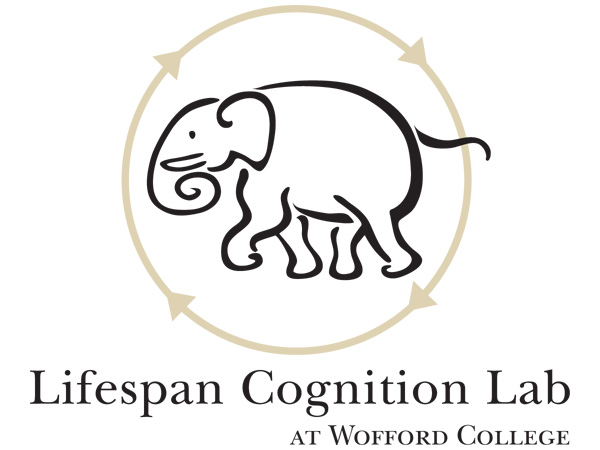
The Lifespan Cognition Lab seeks to understand age-related changes in cognitive functions, such as memory and attention. Current research examines working memory, a process that allows for simultaneous storage and processing of information that is used for many everyday behaviors, such as reading and driving. To test working memory, we use n-back and the repetition detection task (Bopp, 1999) which requires a participant to find a repeated digit or location in a grid. The tasks are challenging, but fun. All research is discussed with participants at the conclusion of each study. To participate, please contact Dr. Bopp at boppkl@wofford.edu.
Selected publications
Bopp, K. L., & Verhaeghen, P. (2018). Aging and n-back peformance: A meta-analysis. The Journals of Gerontology: Series B. doi.org/10.1093/geronb/gby024
Bopp, K. L., & Verhaeghen, P. (2009). Working memory and aging: Separating the effects of context and content. Psychology and Aging, 24(4), 968-980.
Bopp, K. L., & Verhaeghen, P. (2007). Age-related differences in control processes in verbal and visuo-spatial working memory: Storage, transformation, supervision, and coordination. Journal of Gerontology Series B: Psychological Sciences and Social Sciences, 62, P239-P246.
Verhaeghen, P., Cerella, J., Basak, C., Bopp, K., Zhang, Y., & Hoyer, W. J. (2007). The ins and outs of working memory: Dynamic processes associated with focus switching and search. In N. Osaka, R. Logie, M. D’Esposito (Eds.) Working Memory: Behavioral and Neural Correlates. Oxford: Oxford University Press.
Bopp, K. L., & Verhaeghen, P. (2005). Aging and verbal memory span: A meta-analysis. Journal of Gerontology: B Series, 60(5), P223-233.
ResearchGate profile link
